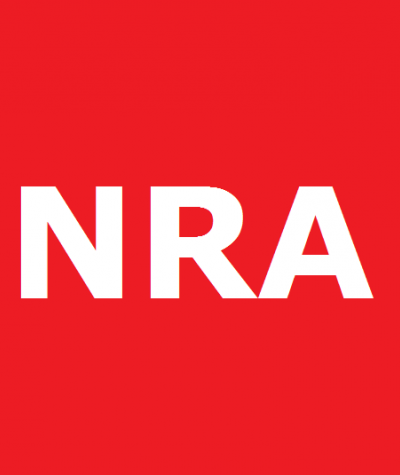Campaign Legal Center (CLC) filed a complaint with the Federal Election Commission (FEC) alleging that the National Rifle Association (NRA) violated federal law by using a common vendor to coordinate illegally with four U.S. Senate campaigns.
Campaign finance law prohibits coordination between candidates and outside groups like the NRA. In order to preserve that independence, FEC rules limit how a vendor may work for both a candidate and an outside group supporting that candidate. Otherwise, the common vendor could act as a conduit to funnel strategic information to the outside group.
However, a recent Politico Magazine article reported that a consulting firm set up a shell corporation for the apparent purpose of helping the NRA evade these rules.
The directors at the political consulting firm OnMessage created a shell corporation called Starboard, located at the same address, and which appears indistinguishable from its parent company.
The NRA’s lobbying arm and PAC contracted with Starboard to create ads supporting U.S. Senate candidates Tom Cotton, Cory Gardner, and Thom Tillis in 2014, and Ron Johnson in 2016; those candidates, in turn, hired OnMessage. The NRA, which is effectively Starboard’s only client, consistently listed Starboard’s address as that of OnMessage, and OnMessage has repeatedly taken credit for advertisements that the NRA paid Starboard to produce.
While outside groups and campaigns may share a common vendor, such as a political ad firm, employees and partners working for each client are not permitted to share information. To avoid breaking the law, employees must sign a firewall policy to prevent them from sharing information inappropriately.
Starboard and OnMessage don’t appear to have any meaningful distinctions between them and it is unclear if they established a firewall. Internal emails demonstrated that executives and employees would often switch between roles in both firms. CLC’s Trevor Potter said in a comment to Politico that the evidence presented “raises substantial questions about whether OnMessage and Starboard Strategic were used as conduits for coordination between the NRA and the candidates it was supporting”.
According to the Supreme Court, groups like the NRA can only make unlimited expenditures if they are independent of the candidates they support, and it falls to the FEC to enforce the laws that preserve that independence. If outside groups and campaigns share information, it provides an unfair advantage, as these groups and campaigns are able to operate in harmony and more efficiently spend their money.
CLC’s Brendan Fischer told Politico Magazine that when outside groups operate independently, there’s “potential for its messaging to conflict with that of the candidate it’s supporting”. By coordinating, groups and campaigns share vital information with each other that leads to an unfair strategic advantage, especially in close races, like those in Colorado, North Carolina, and Arkansas. The FEC must take this complaint seriously and investigate whether there was wrongdoing.
